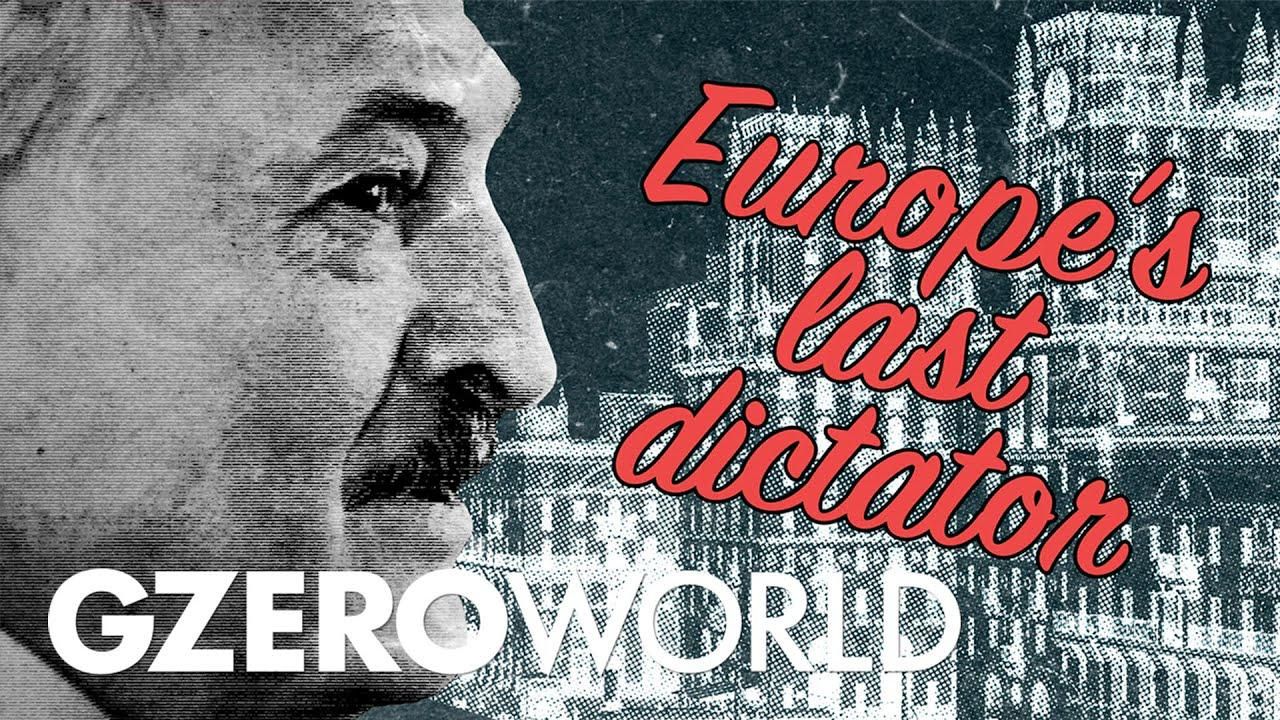
Frequently called Europe's last dictator, Belarusian President Alexander Lukashenko Lukashenko has sailed smoothly to victory in all six elections he's stood in, despite widespread corruption and fraud in each one. But in 2020 the biggest threat so far to Lukashenko's tight grip on government came in an unlikely package—a former schoolteacher and stay at home mom, Sviatlana Tsikhanouskaya. After the election result was finalized, Lukashenko claimed victory, hundreds of thousands of protesters took to the streets, and Tsikhanouskaya leads the opposition in exile. Lukashenko recently took his boldest move yet, diverting a plane en route from Greece to Lithuania to arrest another Belarusian dissident. Ian Bremmer discusses whether a democratic transition is remotely possible in Belarus on GZERO World.
Watch the episode: The fight for democracy in Europe's last dictatorship
- Life under dictatorship in Belarus - GZERO Media ›
- Flight diversion in Belarus is a criminal act - GZERO Media ›
- What the EU will — and won't — do about Belarus - GZERO Media ›
- Belarus protesters vs “Psycho 3%” - GZERO Media ›
- Belarus president exploiting migrants to pressure EU on sanctions - GZERO Media ›